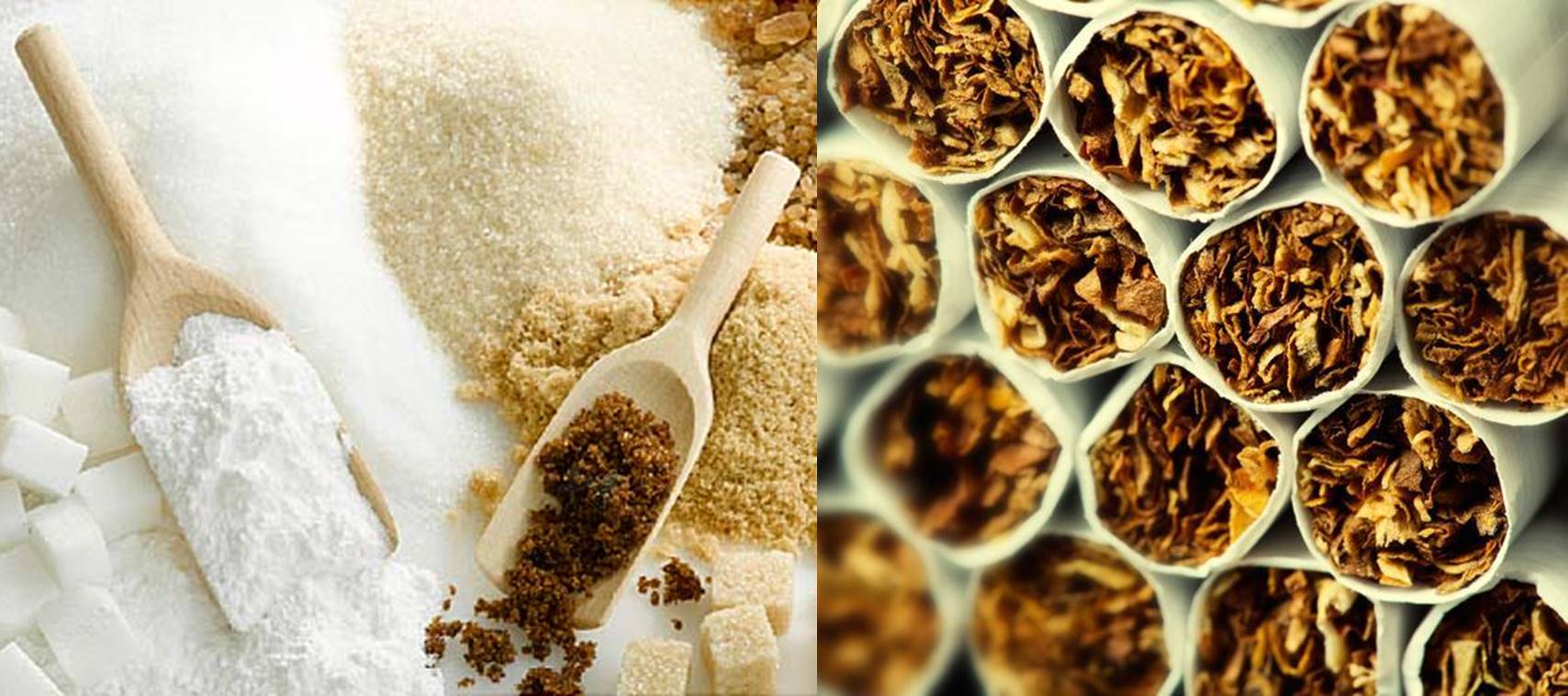At the beginning of this month, we saw Philadelphia implement the first tax on sugary drinks by any large city in the United States. The tax adds a $0.015 tax per ounce to the cost of most drinks, specifically those sweetened with sugar, or artificial sugar sweeteners. This means that a 12oz soda will cost about $0.18 more than it did on December 31.
At the beginning of this month, we saw Philadelphia implement the first tax on sugary drinks by any large city in the United States. The tax adds a $0.015 tax per ounce to the cost of most drinks, specifically those sweetened with sugar, or artificial sugar sweeteners. This means that a 12oz soda will cost about $0.18 more than it did on December 31. Berkley, California has also successfully implemented a similar venture, but at only 112,000 people it was not large enough to be a model for other cities interested in pursuing the measure. In 2013, New York City passed the “Sugary Drinks Portion Cap Rule” which prohibited restaurants, theaters, stadiums, and other food venues from serving sugar sweetened drinks larger than 16oz.
Is this a good idea? It remains to be seen. The United States has the highest per capita health care spending in the developed world, and one of the driving forces behind the increasing cost of healthcare to society is an obesity level that has been rising for almost 30 years. In 2016, nearly 1 in 3 Americans is considered obese (NIH), and 2 in 3 are considered overweight. Most concerning in this trend is the percentage of children who are now considered obese.

It is widely believed that the overconsumption of sugar in modern society has been a key driver in all of these rates. The average American now eats almost 100lbs of sugar a year. Allow that to marinate for a second. The average American eats the equivalent weight of a middle school-aged child worth of sugar every year. This number includes the many different forms of sugar commonly found in the food of the average American: Table Sugar, High Fructose Corn Syrup, Glucose, Barley Malt, Sucrose, Molasses, Honey, etc. Much of the increase in consumption can also be attributed to the continued rise of processed food, and very specifically sugar sweetened beverages. In fact, the U.S. leads the world in consumption of soda at more than 160 liters per capita annually, according to an article in Business Insider.

Many would argue that diet is an individual responsibility and the government has no place coming into people’s lives and directing their purchase power. We saw many of these arguments when the U.S. government tightened the reigns on the tobacco industry, raising taxes and requiring more graphic notices of the negative health effects of tobacco. Should the government really be in the business of directing consumer demand? It is a very slippery slope to go down.
On some level within our society we have to give people the ability to make decisions that we disagree with, and that could be detrimental to their health or well-being. This is especially true of dietary guidelines, which for some people resemble a religion more than a way of eating. There is corroborating and conflicting evidence about almost every dietary approach a person could choose, so it is dangerous for the government to pick sides. One of the other arguments against taxes like Philadelphia’s, revenue from which is intended to be used to support children’s education, is that it makes the government reliant on collecting revenue from a questionable practice. The doubling of the tax on a pack of cigarettes in 2009 signed by President Obama was intended to create revenue to help pay for children’s health insurance; however, after an initial rise the revenues from this tax have consistently declined as the intended effect of the tax, reducing tobacco use, has created a dwindling pool of payers. So now, according to TaxFoundation.org we’ve created a problem through the use of a tax with a good intention, but with unintended consequences.
Ultimately, the trajectory of the obesity epidemic in the United States is not sustainable. Aside from the human cost, the financial impact has become a substantial liability on the world’s biggest economy. The government essentially has three tools to moderate consumption: ban the item that is causing the problem, add regulations that make it more difficult to acquire the product (think age requirements to purchase tobacco or alcohol), or use taxation to make the product more expensive to curtail consumption. Banning sugar is not possible, and attempting to keep children from eating sugar is also not realistic. So their only remaining option is to try and stem the demand through making it more expensive.
Soft drinks are low hanging fruit. If we scour the entire country we would not find one nutritionist anywhere that would recommend soda as an integral part of a healthy diet, as opposed to something like juice which has a similar sugar content but typically does maintain some nutritive value. Sodas are a chemical cocktail flavored with an absurd amount of sugar, dumped in carbonated water. We take this dessert, and then give people free refills on it for about two dollars at the average restaurant. Sodas are a nutritive black hole, with zero redeeming value; a comparison similar to tobacco. We can choose whether we want to pay the money in tax, or in healthcare costs, but the societal cost of our sugar addiction is unavoidable.


Join the conversation!